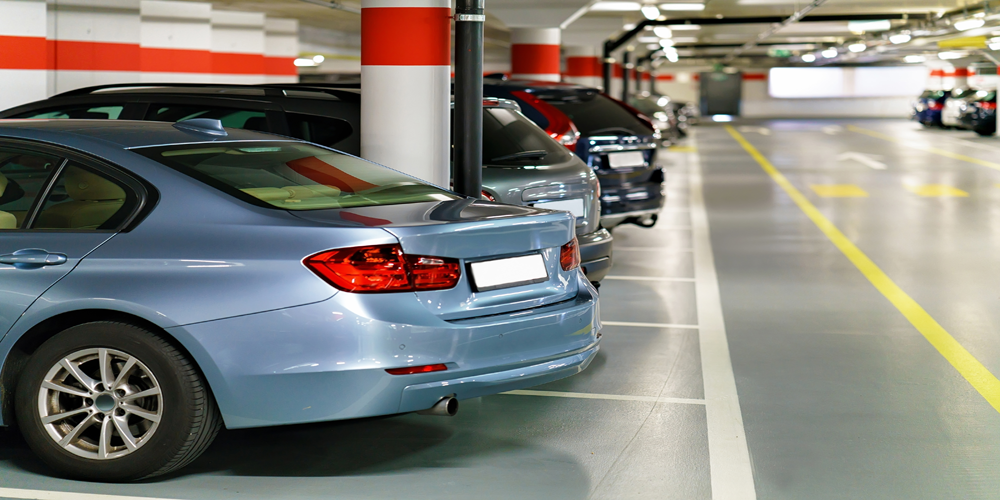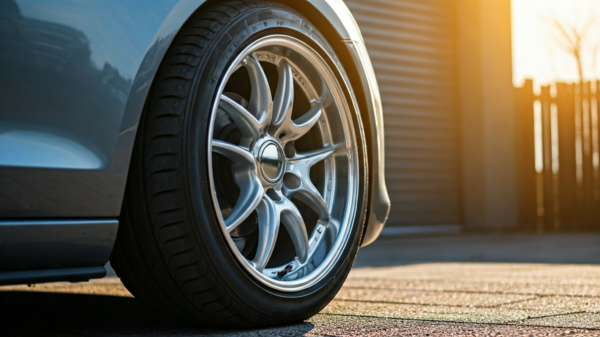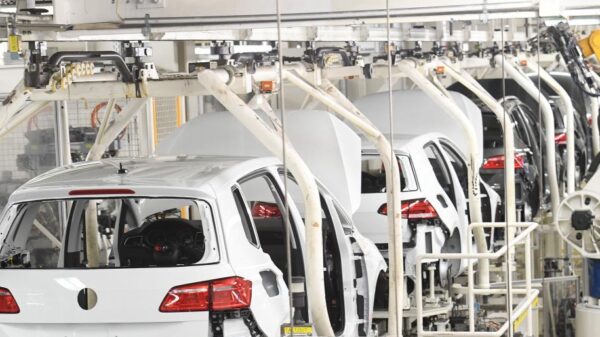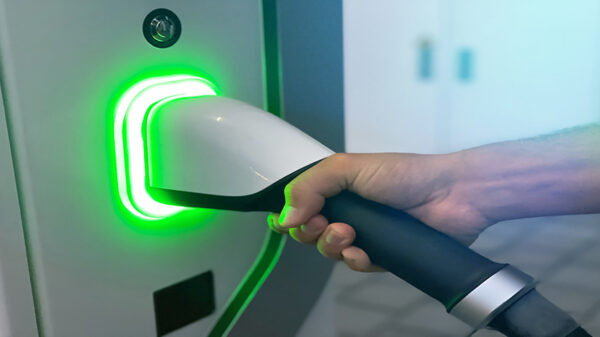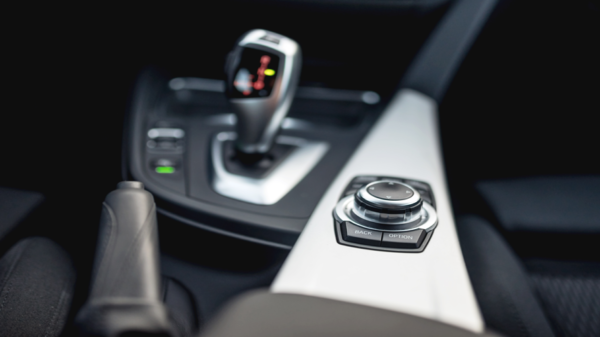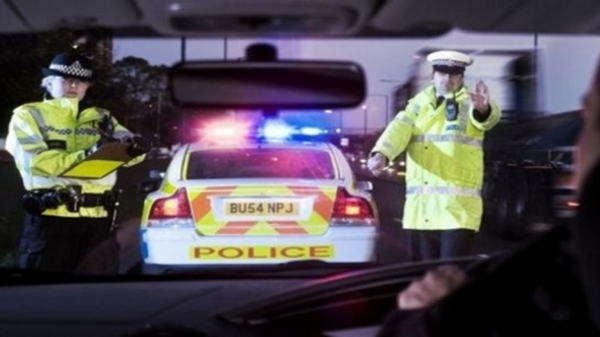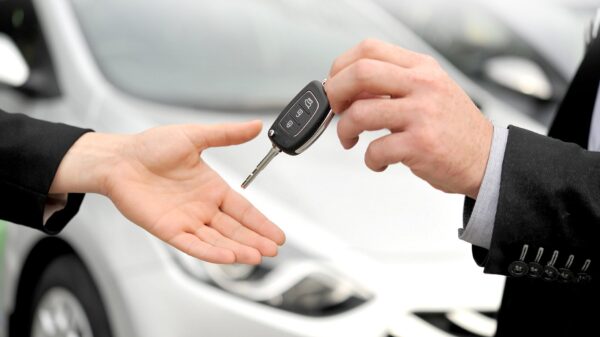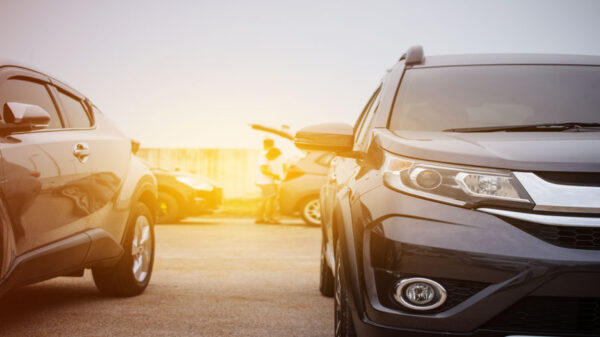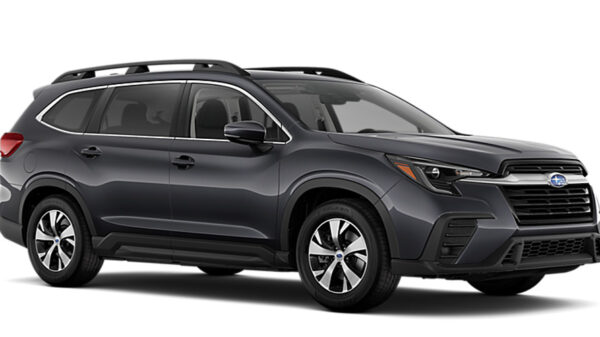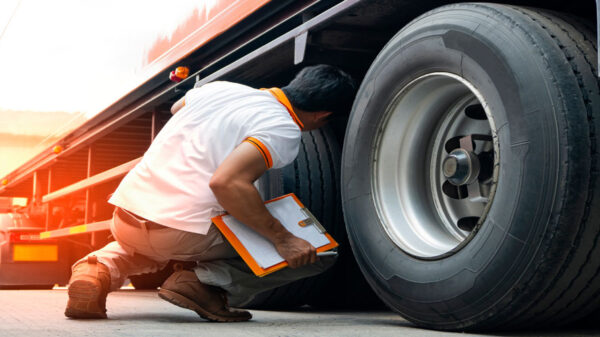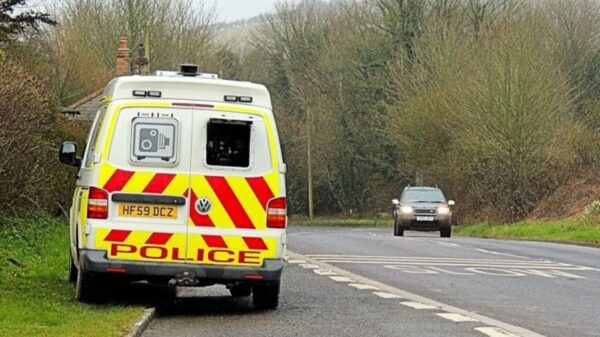More than 150 car models are now too big to fit in the average UK parking space in a phenomenon dubbed “autobesity”, experts said. For decades cars have become longer and wider while the size of standard parking spaces has largely remained the same, meaning many new models no longer fit in bays, according to Which?
The Telegraph is reporting that the consumer group found 161 models it tested were too long, with 12 exceeding the bay limit by more than 12in. In 2019 129 models did not fit a standard parking space.
The BMW i7 was found to be the longest and exceeded a standard bay by more than 20in.
A Mercedes-Benz S-Class hybrid is 17.5in longer than an average bay, while an Audi A8 exceeds the limit by 14.6in.
Natalie Hitchins, Which? home products and services editor, said: “Cars are getting larger and larger, and while this might mean a more comfortable driving experience, it could be a problem when it comes to squeezing into a parking space.”
The research also revealed that 27 models are too wide for drivers to comfortably open their doors when parked between two other cars. Vehicles were categorised as being “too wide” if their width left less than 8.7in between the car and the bay.
The Land Rover Discovery is 81in wide, leaving a narrow 6.5in space between the doors and the bay’s borders.
The Jaguar I-Pace is 79in, while the BMW X5’s width spans 78.7in, leaving motorists with 7.8in each side in a parking bay.
The trend of “autobesity” is forcing car park providers to adapt to larger vehicles by introducing wider bays. But the British Parking Association (BPA) told Which? that adapting to the trend of bigger, wider cars was not always simple.
Larger cars pose problems for multi-storey car parks because adapting them to cope with the additional weight from the vehicles is costly.
“While some car parks are introducing wider bays it won’t be the case everywhere, and some drivers might struggle getting parked up in certain locations, particularly multi-storey car parks,” said Ms Hitchins.
All three of the widest cars are sports utility vehicles.
But despite the parking challenges larger SUVs may cause, they are becoming increasingly popular, accounting for more than 40 per cent of annual car sales in the UK, the New Weather Institute think tank found. The figure stood at less than 20 per cent a decade ago.


